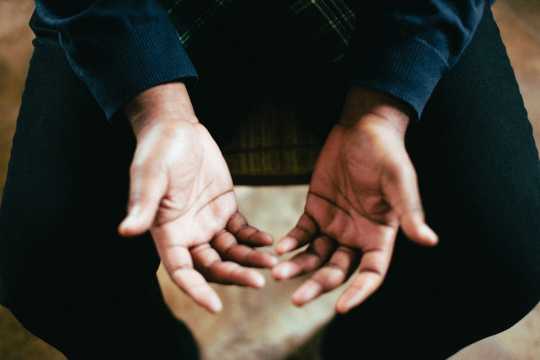Rituals and traditions play a significant role in religious practices across various cultures and societies around the world. These rituals are not just empty gestures or superstitious actions, but rather they serve a deeper purpose in reinforcing beliefs, values, and teachings of a particular faith. They provide a sense of continuity and connection to the past, as well as a way to express devotion and reverence to a higher power.
One of the main functions of rituals and traditions in religious practices is to create a sense of community and belonging among members of a religious group. By participating in shared rituals and traditions, individuals feel connected to one another and to their faith community as a whole. These collective experiences help to strengthen social bonds and foster a sense of solidarity among believers.
Furthermore, rituals and traditions serve as a means of passing down cultural and spiritual heritage from one generation to the next. They provide a link to the past and connect individuals to their ancestors and the traditions that have been passed down through the ages. By maintaining these rituals and traditions, individuals are able to preserve the rich history and teachings of their faith for future generations to come.
Rituals and traditions also serve as a way to express devotion and reverence to a higher power. Through the performance of rituals such as prayer, meditation, and worship, believers are able to show their commitment and dedication to their faith. These acts of devotion help to deepen one’s spiritual connection and foster a sense of closeness to the divine.
In addition to fostering a sense of community and expressing devotion, rituals and traditions also serve to provide structure and order to religious practices. They help to establish a framework for worship and guide individuals in their spiritual journey. By following established rituals and traditions, believers are able to navigate the complexities of religious life and find meaning and purpose in their faith.
Moreover, rituals and traditions serve as a way to mark important milestones and transitions in the life of an individual or community. From birth to death, rituals are performed to commemorate significant events and to provide comfort and support during times of joy and sorrow. These rituals help individuals to cope with life’s challenges and to find solace in the face of adversity.
While rituals and traditions hold great significance in religious practices, it is important to note that they are not static or unchanging. Over time, rituals may evolve and adapt to meet the needs of a changing world. New rituals may be created to address contemporary issues and concerns, while older traditions may be reinterpreted to remain relevant in a modern context.
In conclusion, rituals and traditions play a vital role in religious practices by fostering community, expressing devotion, passing down cultural heritage, providing structure, and marking important milestones. They serve as a way to connect individuals to their faith, to their community, and to the divine. While rituals and traditions may vary across different cultures and societies, their core purpose remains the same – to enrich spiritual life and provide a sense of meaning and purpose to believers.

